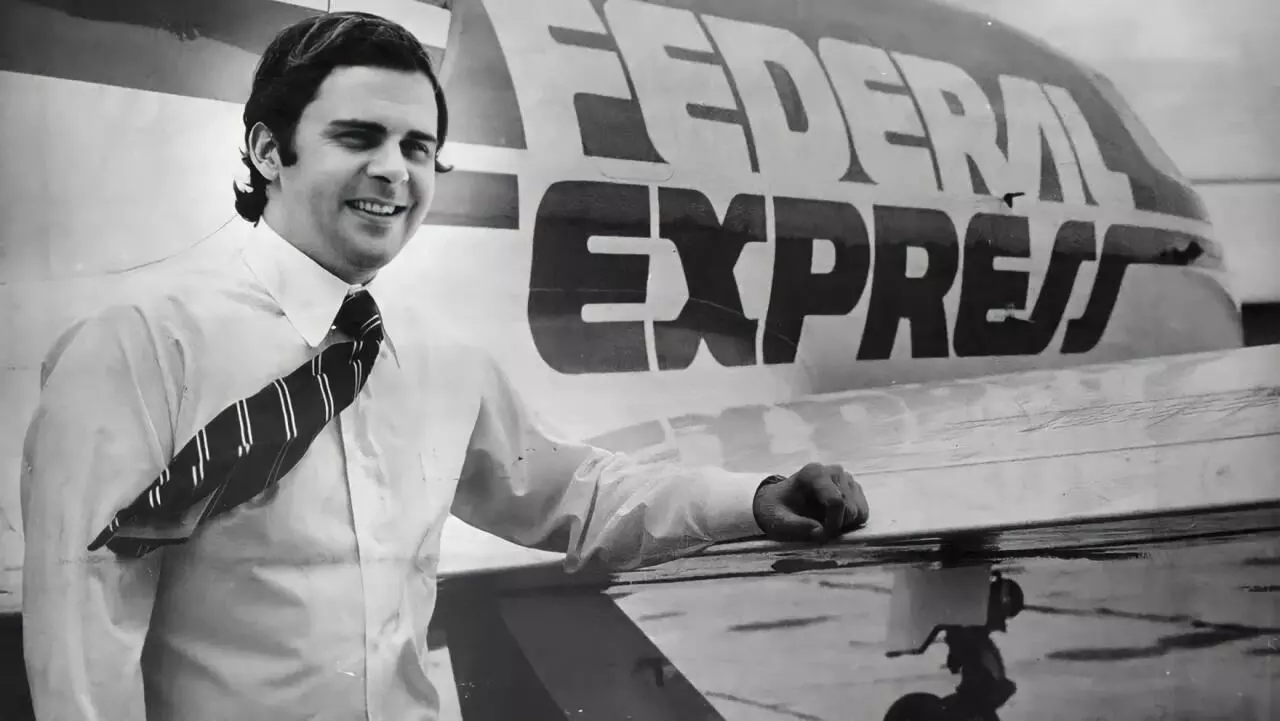
Remembering Fred Smith, the man who delivered the future
Fred Smith, visionary behind FedEx, transformed global shipping and inspired a tech-driven logistics era.

Fred Smith launched Federal Express in 1973 with a fleet of 14 Dassault Falcon jets and a vision to transform the shipping industry. That first night, Federal Express delivered 186 packages to 25 U.S. cities.
In the world of logistics, few figures loom as large as Frederick W. Smith, the founder and longtime chairman of FedEx. With his recent passing, the global supply chain industry bids farewell to not just a pioneering businessman but to the man who fundamentally reimagined how the world moves. Fred Smith didn’t just build a company; he built a logistics ecosystem that continues to drive global commerce with speed, visibility, and precision.
Born in Mississippi in 1944 and a Marine Corps veteran, Smith wasn’t the usual corporate story. He saw inefficiency firsthand in the military, supplies pushed forward into combat zones, often ending up in the wrong place. That front-line frustration turned into one of the most revolutionary ideas in supply chain history: an integrated, time-definite, hub-and-spoke delivery system. It was something the world wasn’t asking for yet, but something it desperately needed.
When FedEx began in 1971, the idea of overnight delivery was a fantasy to most. The tech wasn’t there, the infrastructure wasn’t ready, and the skeptics were loud. Smith charged forward anyway.
Smith didn’t just build a shipping company. He redefined the rules of commerce.
His contribution to logistics isn’t only about speed or reach but also about visibility. In the 1970s, FedEx pioneered the first real-time package tracking system, a breakthrough that turned supply chains from black boxes into transparent pipelines. Suddenly, businesses and consumers weren’t just waiting, they were watching. This changed expectations across every industry.
And Smith wasn’t done innovating. Long before most businesses realized the power of the internet, FedEx was letting customers track packages online in the 1990s. This wasn’t a gimmick but was a philosophical shift. Smith believed customers deserved information parity, a concept that now underpins everything from Amazon tracking links to blockchain-based freight visibility.
More recently, under Smith’s guidance, FedEx leaned hard into emerging technologies: artificial intelligence, IoT, robotics, and automation. Tools like FedEx Dataworks and SenseAware weren’t just fancy upgrades—they were the company’s way of continuing Smith’s original idea: making logistics proactive, not reactive. From vaccine shipments to high-value freight, his legacy runs through every sensor, scan, and synchronized route.
But what always stood out, even more than the technology, was his clarity about what FedEx wasn’t.
While the media loved to pit FedEx and Amazon against each other, Smith held a sharp distinction. “We are not a retailer,” he often said. He saw FedEx as a neutral global platform—one that enabled businesses to grow, rather than becoming one itself. In a world increasingly shaped by vertical monopolies, Smith’s belief in FedEx’s independence was both bold and refreshing.
In the words of FedEx President & CEO Raj Subramaniam, “Frederick W. Smith pioneered express delivery and connected the world, shaping global commerce as we know it. His legacy of innovation, leadership, and philanthropy will continue to inspire future generations. I will miss not only his visionary leadership, but his trusted friendship and counsel.”
In his final years at the helm, Smith was vocal about sustainability, not just as a checkbox, but as a business imperative. He pushed FedEx toward a future of all-electric vehicles, supported carbon tax frameworks, and backed serious carbon sequestration research. For a man who once built an empire on jet fuel and express freight, it was remarkable to see him so committed to change.
Change was always Fred Smith’s game.
Internally, his famous “People, Service, Profit” (PSP) philosophy created a corporate culture that—while not perfect—was unusually clear-eyed. Smith believed that if you took care of your people, they’d take care of your customers, and profits would follow. That’s not just feel-good logic, it’s operational strategy. FedEx’s ability to consistently execute at scale, through labor strikes, weather events, and pandemics, owes a lot to that simple framework.
His vision reshaped the foundation of modern logistics, and his influence will endure across every mile moved and every packet delivered. Fred Smith passed away on June 21, 2025, in Memphis, Tennessee, at the age of 80. May he rest in peace.
A Marine, a mentor, a maverick— Smith’s legacy will forever soar beyond the skies he conquered.

